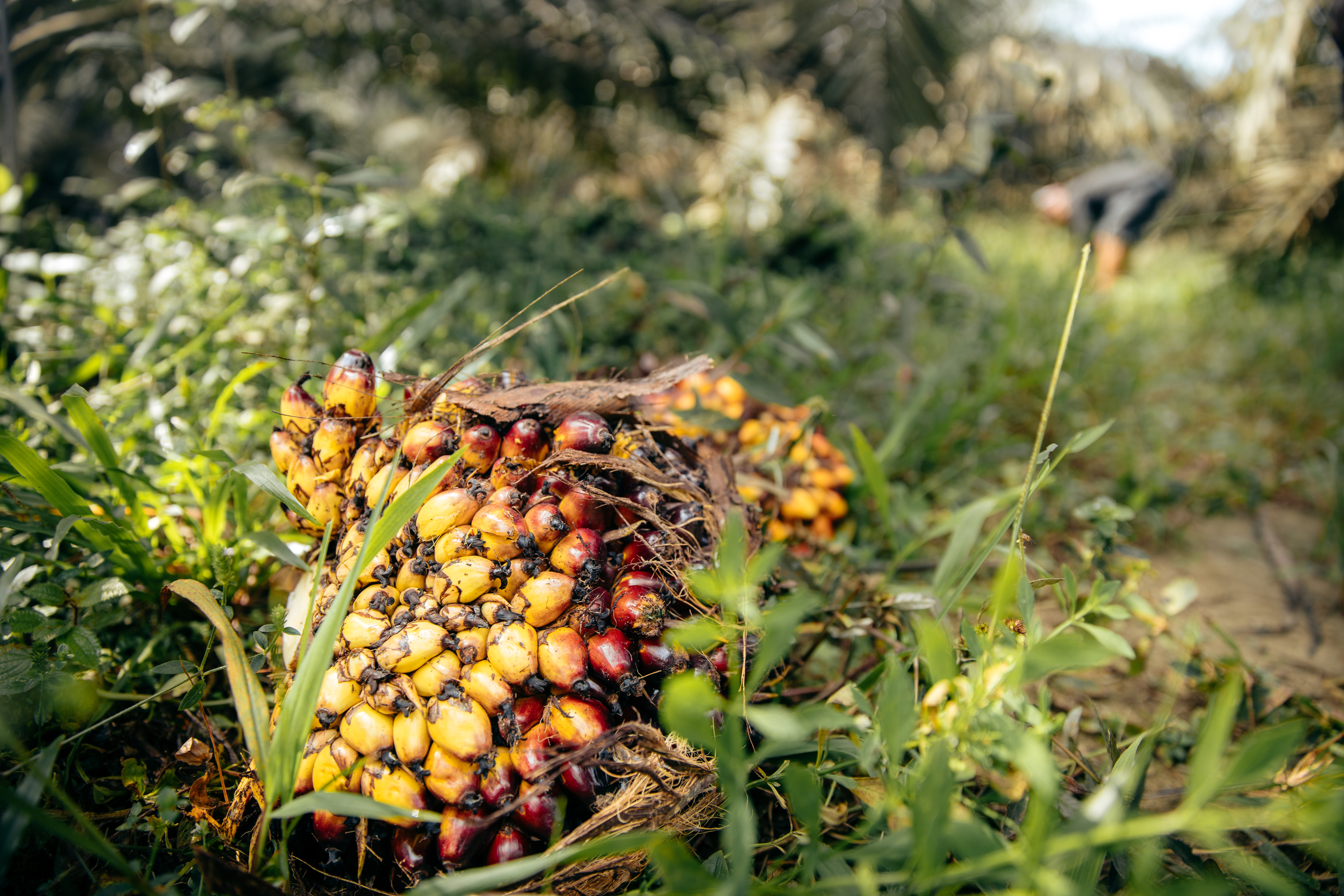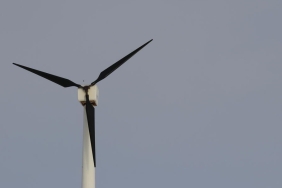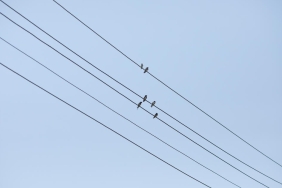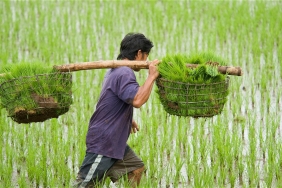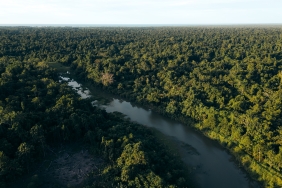WWF DEPLORES GAPKI'S EXIT FROM RSPO
Jakarta (12/10)-WWF-Indonesia regrets the withdrawal of the Indonesian Palm Oil Producers Association (GAPKI) from the membership of the Roundtable on Sustainable Palm Oil (RSPO) considering that RSPO is the most recognized palm oil certification scheme by the market and meets global standards of environmental sustainability. Prior to its withdrawal from RSPO membership, GAPKI sat on the Executive Board of RSPO representing palm oil producers, thus directly voicing the interests of Indonesian palm oil businesses in RSPO membership.
"GAPKI's exit from the RSPO could be read by the market as a counter-productive move, which ultimately harms Indonesia's image," said Nazir Foead, Conservation Director of WWF-Indonesia.
RSPO is the only non-profit association that brings together various parties in the sustainable palm oil industry sector, ranging from palm oil producers, processors, traders or manufacturers, retailers, banks and investors to NGOs or civil society. RSPO's membership in Indonesia currently includes 46 palm oil producing companies, some of which have certified oil palm plantations in accordance with RSPO's sustainable palm oil plantation management standards.
"WWF encourages businesses and producers who have become RSPO members to remain RSPO members, and we appreciate them, as well as consumers who have committed to promoting sustainable palm oil at the local level and in the global market. WWF also supports the efforts made by palm oil concession owners to certify their plantations, as required for all producers in RSPO membership," Nazir added. According to him, in the long term, WWF hopes that the majority of palm oil producers will become RSPO members and move towards certified palm oil production. This will contribute to the development of pro-growth, pro-job and pro-green.
The RSPO standard includes requirements to protect areas of high conservation value (HCV), which WWF says is a key indicator of sustainability in the palm oil industry.
In a statement to the media, GAPKI said that the decision to withdraw from the RSPO was intended to support the Indonesian Palm Oil Standard (ISPO), a sustainable palm oil development scheme required by the Indonesian government for palm oil players.
"The fact that the Indonesian government has established ISPO as a mandatory mechanism for businesses to develop sustainable palm oil plantations, shows that the government has a strong commitment to a sustainable palm oil industry. The implementation of ISPO as a mandatory rule from the government is also an indication of the positive influence that RSPO has brought since the active establishment of the non-profit and voluntary association in 2004," said Irwan Gunawan, WWF-Indonesia's Market Transformation Program Manager.
According to him, the system or mechanism applied by ISPO does not compete or contradict with RSPO, where the standards applied by RSPO work beyond what is legally required (beyond legal compliance) and are developed on the basis of consensus involving various parties, including GAPKI.
"WWF requests that oil palm development is only carried out on abandoned or degraded lands, and not at the expense of natural forests or peatlands, causing loss of biodiversity and life support. By accommodating environmental and social aspects, including decision-making involving local and indigenous communities, WWF believes that businesses can also increase productivity to meet production targets," Irwan added.
A number of RSPO members, especially palm oil producers, have complained about the lack of market for RSPO-certified palm oil among consumers such as palm oil traders, manufacturers and retailers. WWF understands these complaints and encourages palm oil traders, manufacturers and retailers to take concrete steps to increase the market for sustainable palm oil. This has also prompted WWF to publish "The Palm Oil Buyers' Scorecard" in November 2011, in an effort to report on the progress of retailers and manufacturers and encourage their commitment to sustainable palm oil.
For more information, contact:
Irwan Gunawan, Market Transformation Manager, WWF-Indonesia, igunawan@wwf.or.id.

